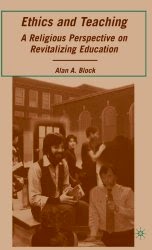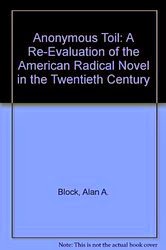In Reading Jane Austen . . . Now?

The
incentive to read the entire Jane Austen corpus began with my daughter’s enrollment
in a Jane Austen course. I had been an English major—perhaps I still am one!
All of my degrees have been in literature, and though for the past twenty-five
years I have been a professor of education, I entered the field even as literary
theory began to influence it. I might have even had something to do with that
influence! I never stopped requiring novels as required reading, nor have I
ever stopped reading novels. To me there comes regularly the absolute need to engage
with . . . well, I would say fiction, but of late even that term has been
called into serious question. Kendall Walton convincingly argues that fiction
can be defined as works whose “function is to serve as props in games of make
believe.” What is fictional mandates imagination. And what doesn’t mandate
imagination, I wonder. Lately I have begun to understand most autobiography and
(especially) memoir as such props and therefore, as works of fiction. That is, regardless
of what the autobiographer or memoirist recounts, there is the assumption of a
teleological end of the narrative that requires the ordering of experience as
it did not exactly happen. The memoir and autobiography requires a high
dependence on the powers of memory that certainly must be considered somewhat
suspect: repression and displacement figure prominently in the human
perspectives on reality, I think. Frank Kermode says in his autobiography of
autobiography, “The amount of faking we are allowed is debatable . . . but
faking all the same, though in our faking there must be something it would only
be slightly absurd to call the truth. But it is the weather, the private
weather, unpredictable as dreams yet recognisable as a climate, that the
autobiographer must describe.” These genres of memoir and autobiography appear
to me as forms of fiction, and I have
the need to discover in fiction (a category I have, thus, significantly
expanded) insight (and pleasure) that derives from considering lives told in
narrative form complete with tropes (that are figurative and not literal) rather
than to contemplate the lives of others that are narrated as if the tale is not fiction and in the absence of tropes. As for tomes of philosophy,
history, etc., I have learned that everything I know is unfinished and
therefore everything that I have learned mandates the exercise of the imagination:
fiction.
And so I have been thinking about what
I experienced while reading Jane Austen other than an expression of my
affection for and conversation with my daughter; and especially why at this
time of my life when all the people in Austen’s novels (and my daughter’s life)
are young and beautiful and I am neither. Indeed, Austen’s fathers are foolish,
foolishly vain, ineffectual and incompetent. I may at times enjoy some of these
paternal character traits, but I think not all of them at once and certainly
not (I hope) over extended periods of time. Except for Mr. Bertram none of them
seem to be gainfully employed though they all seem to possess sufficient wealth
on which to live without having to attend any office or offices. I am, I must
admit, gainfully employed. Actually, the world of a Jane Austen novel has very
little to do with mine—well, indeed, it seems to have nothing to do with mine! Why have I so enjoyed reading these novels
now?











0 Comments:
Post a Comment
<< Home